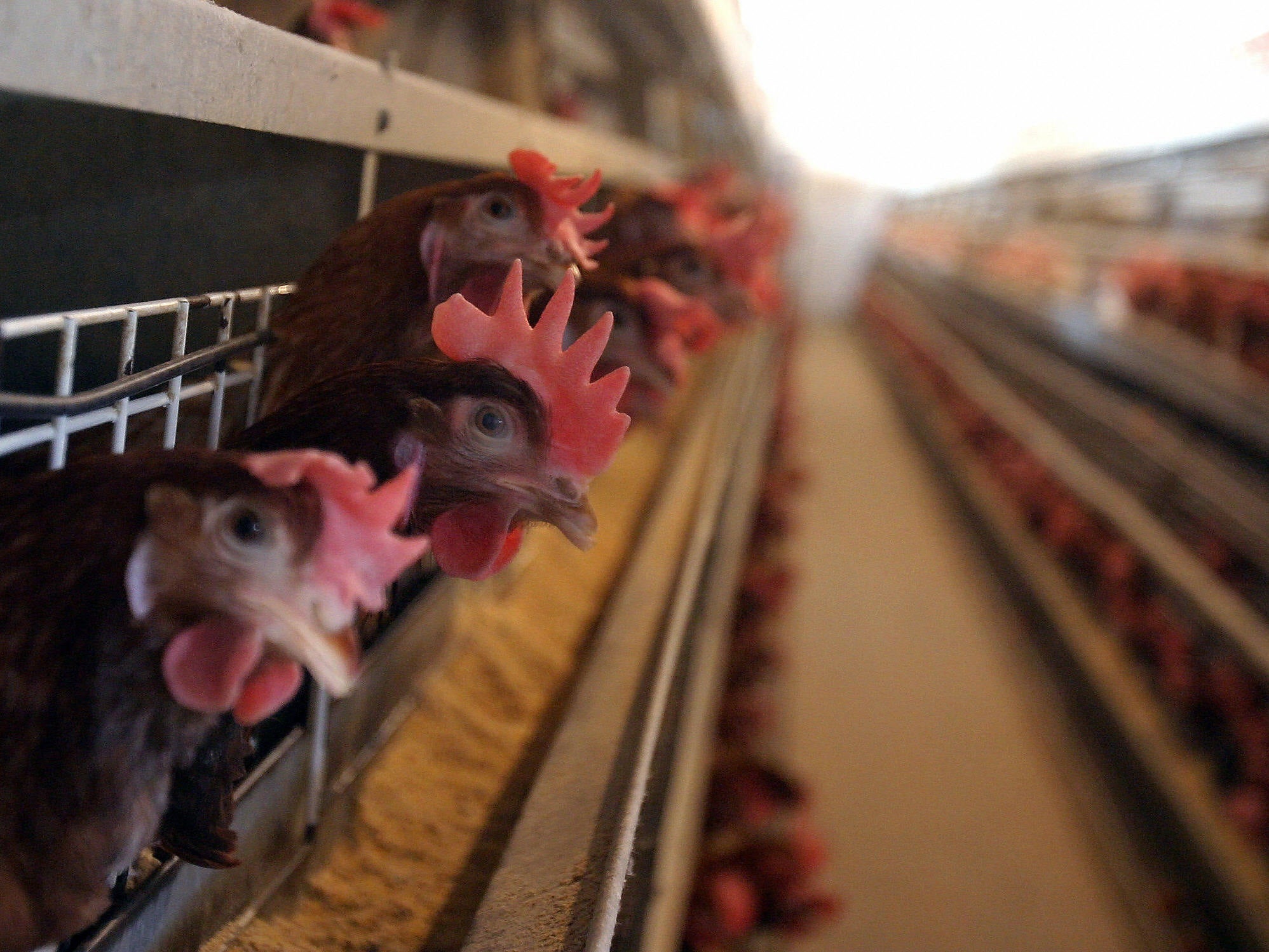Tonnes of antibiotics still used in UK chicken farms raising fears over drug resistant diseases, investigation finds
Findings come after the health secretary warned that antimicrobial resistance is as big a threat to humanity as climate change

Tonnes of antibiotics are still being used in UK poultry farming amid growing fears over the spread of drug resistant diseases, an investigation suggests.
BBC One's Countryfile is reporting that 281 tonnes of antibiotics known as ionophores, which antimicrobial resistance (AMR) campaigners say pose a risk to human health and the environment, were sold in the UK in 2017.
Ionophores are used to prevent the intestinal disease coccidiosis which affects chickens when they ingest chicken droppings.
Campaigners say in intensive conditions where the space allowance for each chicken is less than an A4 sheet of paper, this disease is unavoidable.
John Reed, chairman of Antibiotic Stewardship with the British Poultry Council said that ionophores "are classed as feed additives" as they are not classed as antibiotics by the Veterinary Medicines Directorate, according to the BBC.
But the broadcaster said he conceded that whilst by definition it is an antibiotic, it is used only in animals and not in humans and he does not believe they pose a risk to the consumer.
Coilin Nunan, from the Alliance to Save our Antibiotics, told the programme: "We are calling for ionophores to be made prescription-only but, really more fundamentally, we are calling for chickens to be kept in better conditions so that they don't develop this terrible disease coccidiosis in the first place."
Campaigners fear certain ionophores could cause resistance to antibiotics that are medically important for humans.
Health Secretary Matt Hancock warned earlier this year that AMR is as big a threat to humanity as climate change and called for immediate action to cut the inappropriate use of antibiotics.
The BBC programme's investigation is based on figures obtained under the Freedom of Information Act and presenter Tom Heap speaks to chicken farmers across the UK, some of whom now farm completely antibiotic-free, the broadcaster said.
The full investigation can be seen on Countryfile on BBC One at 6pm on Sunday.
PA
Join our commenting forum
Join thought-provoking conversations, follow other Independent readers and see their replies
Comments